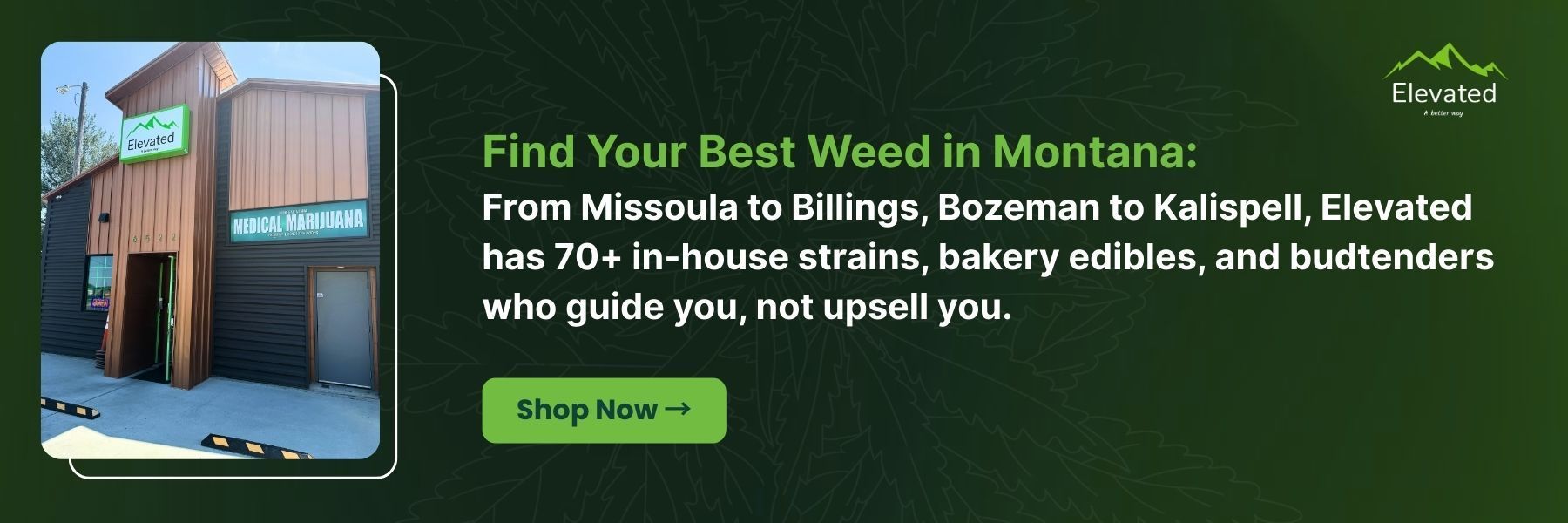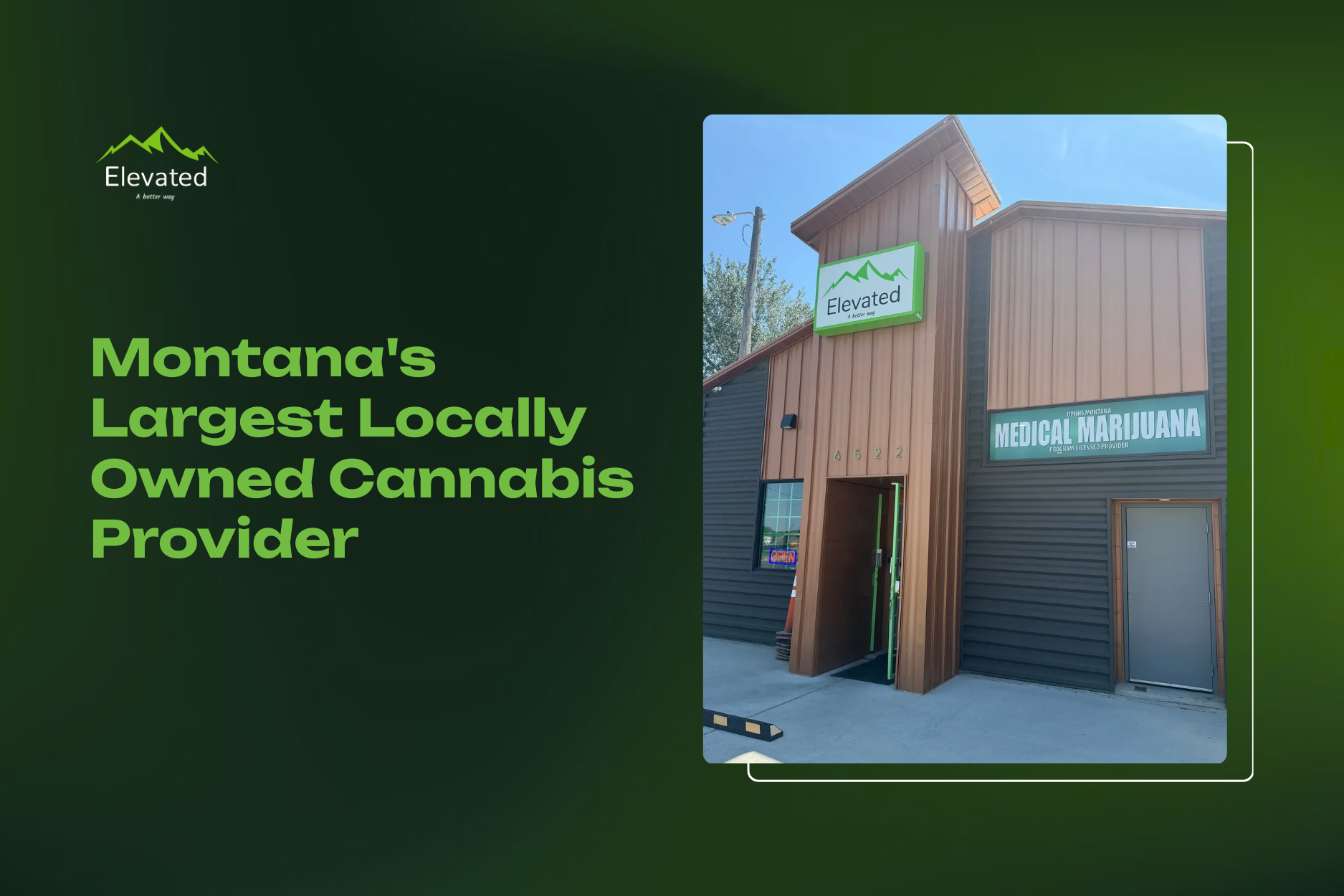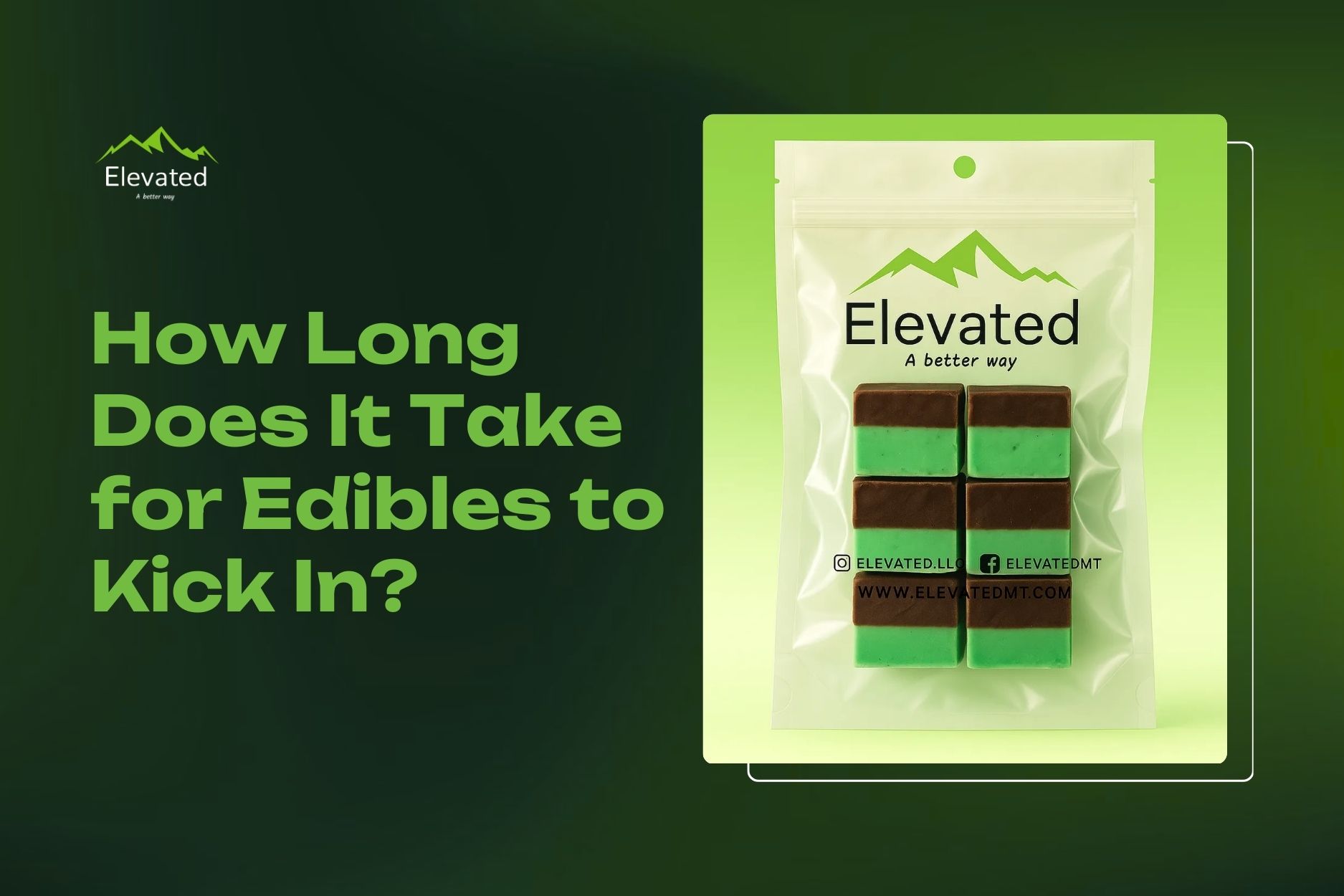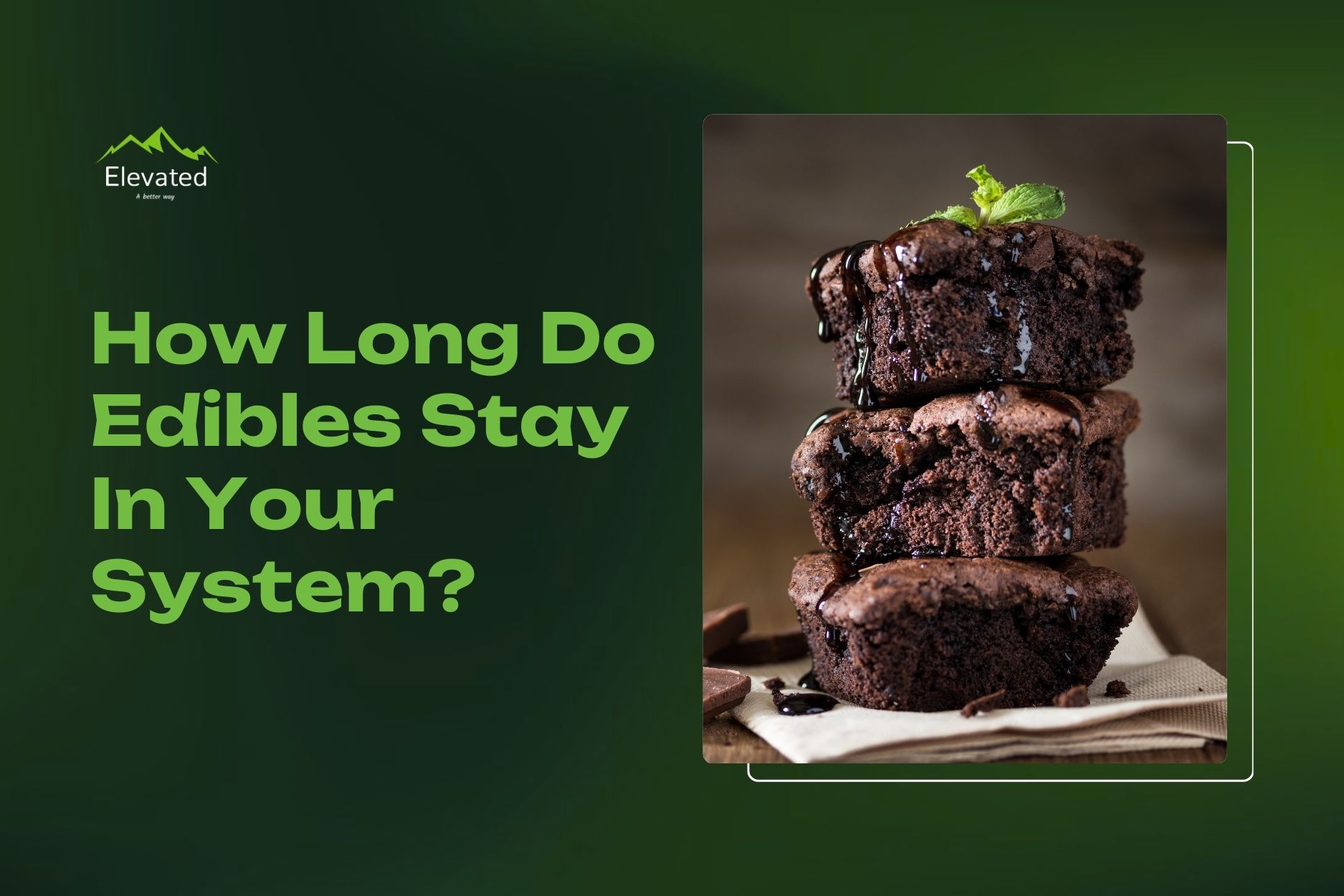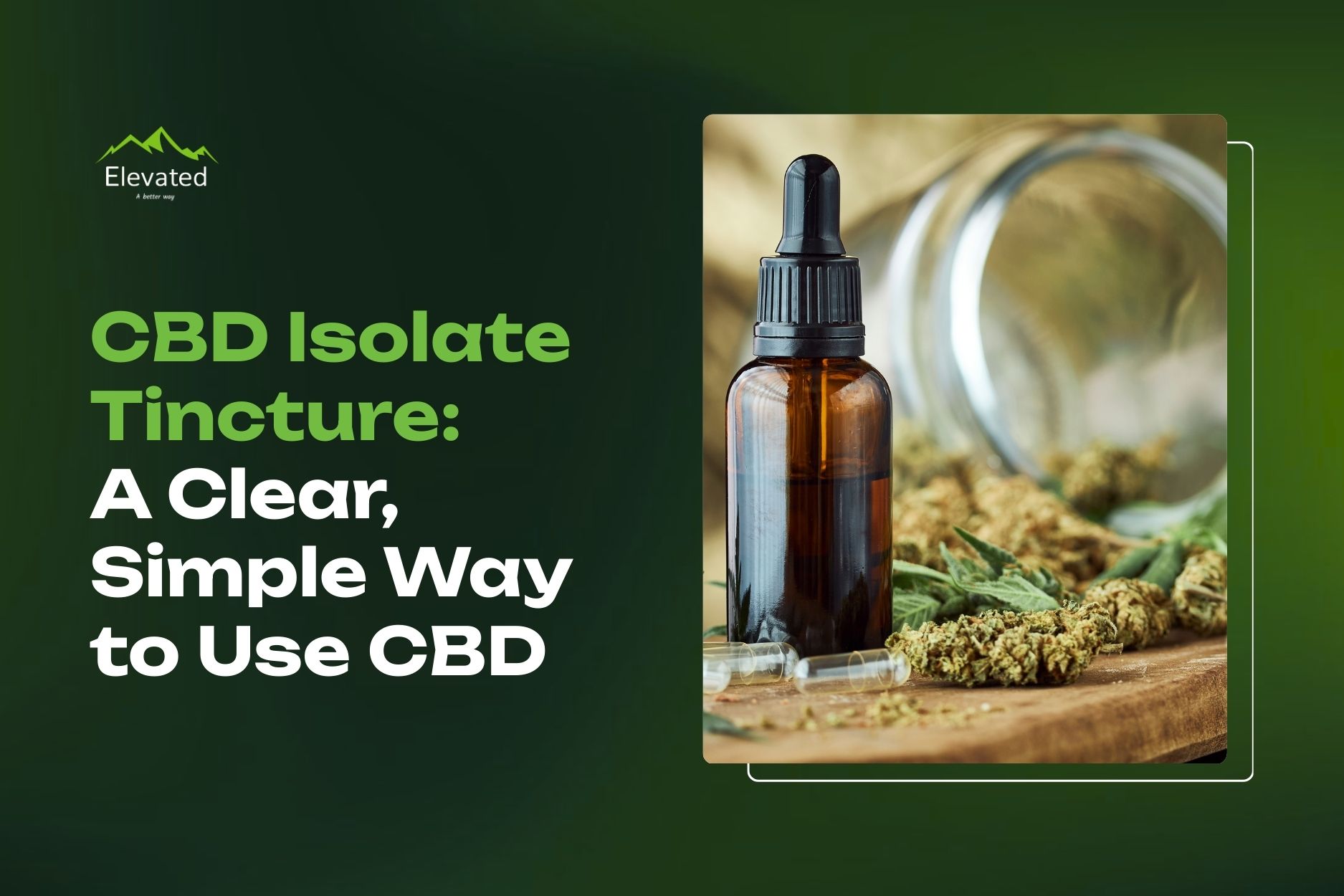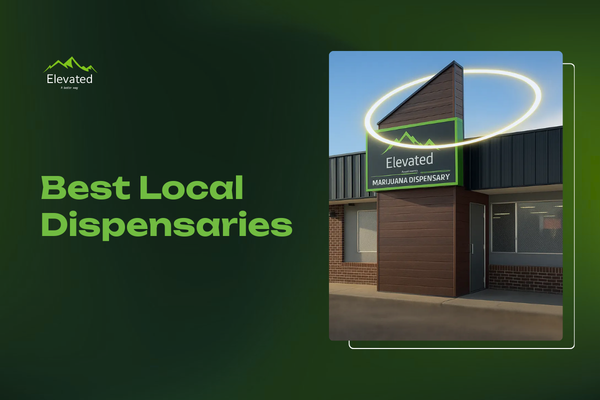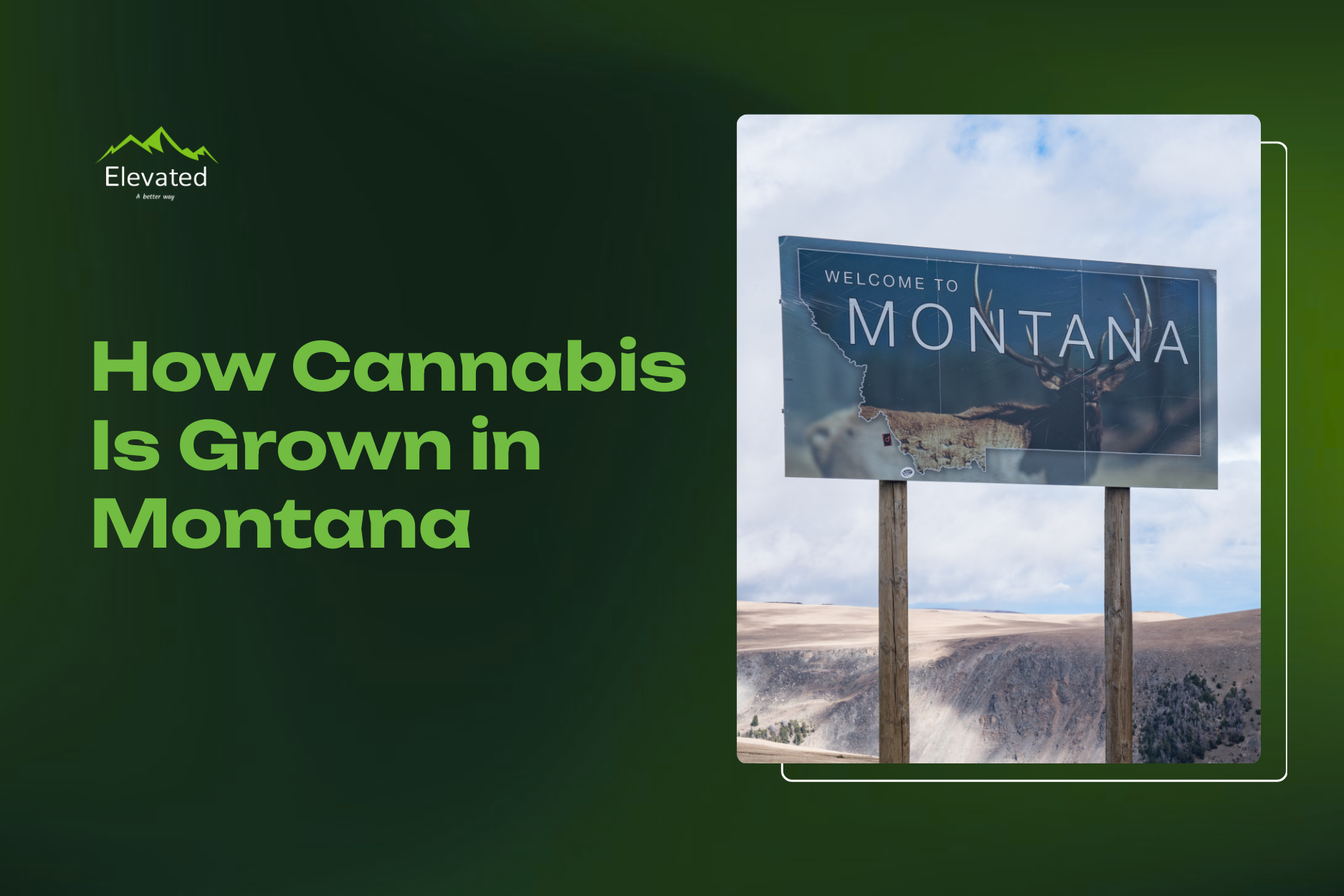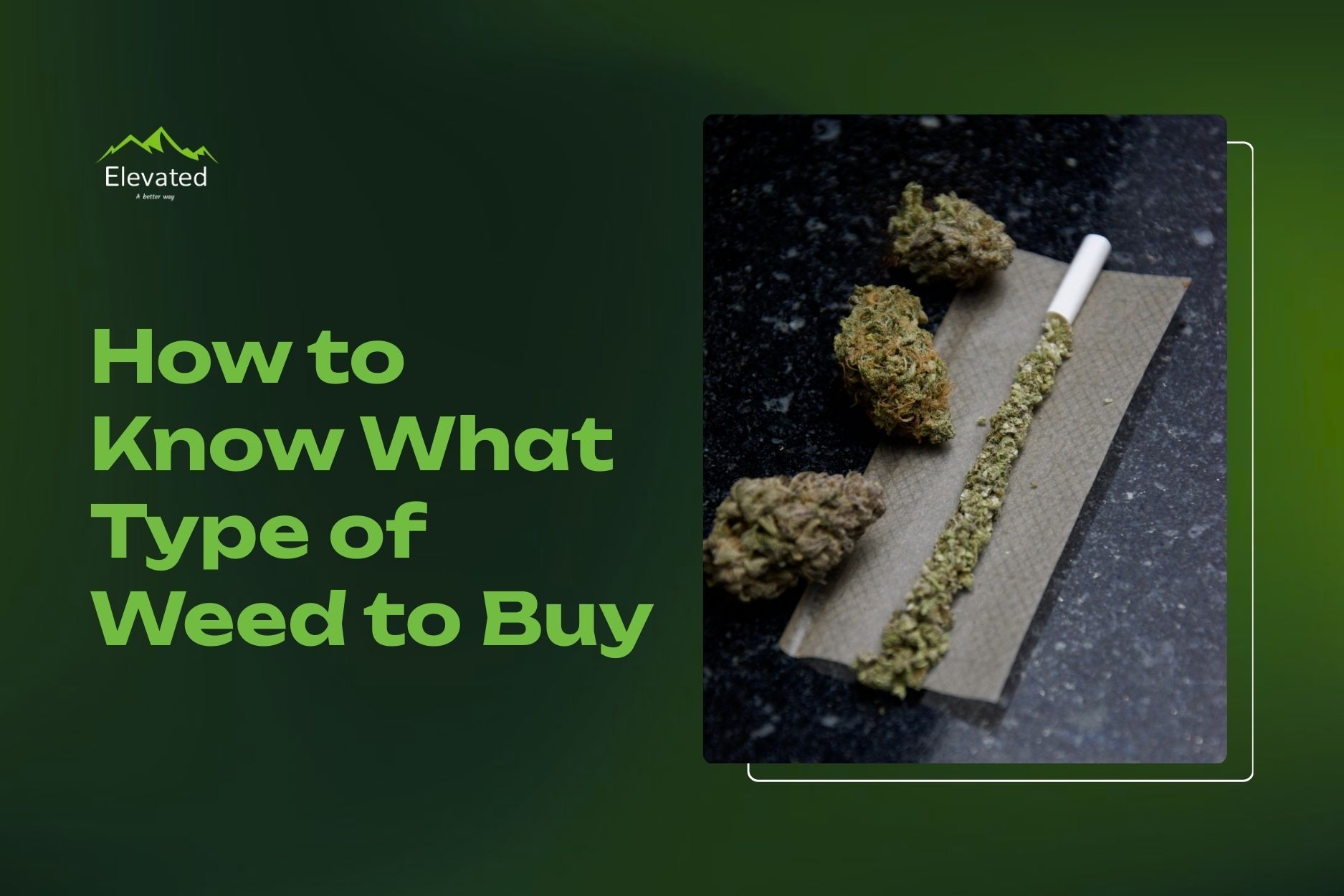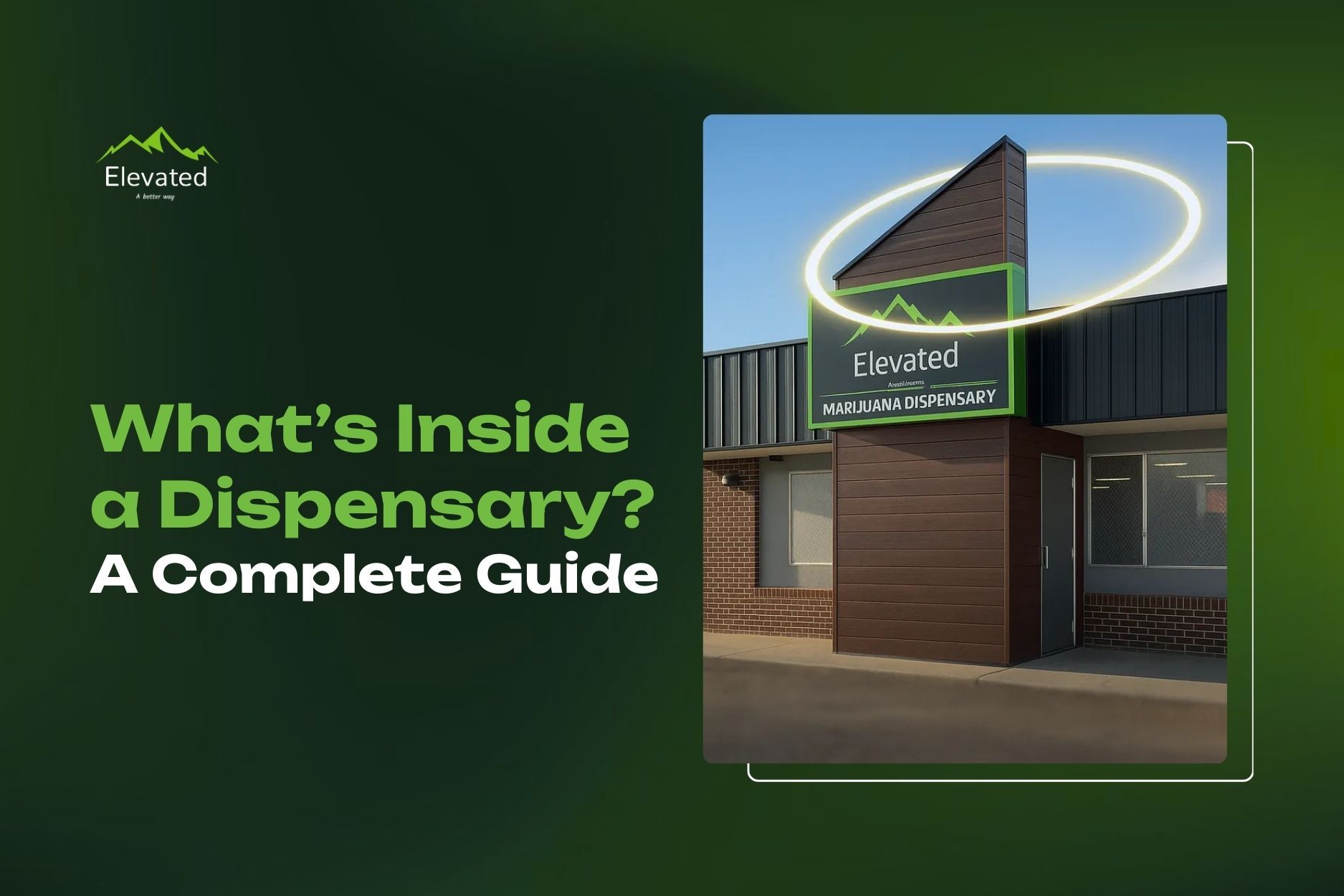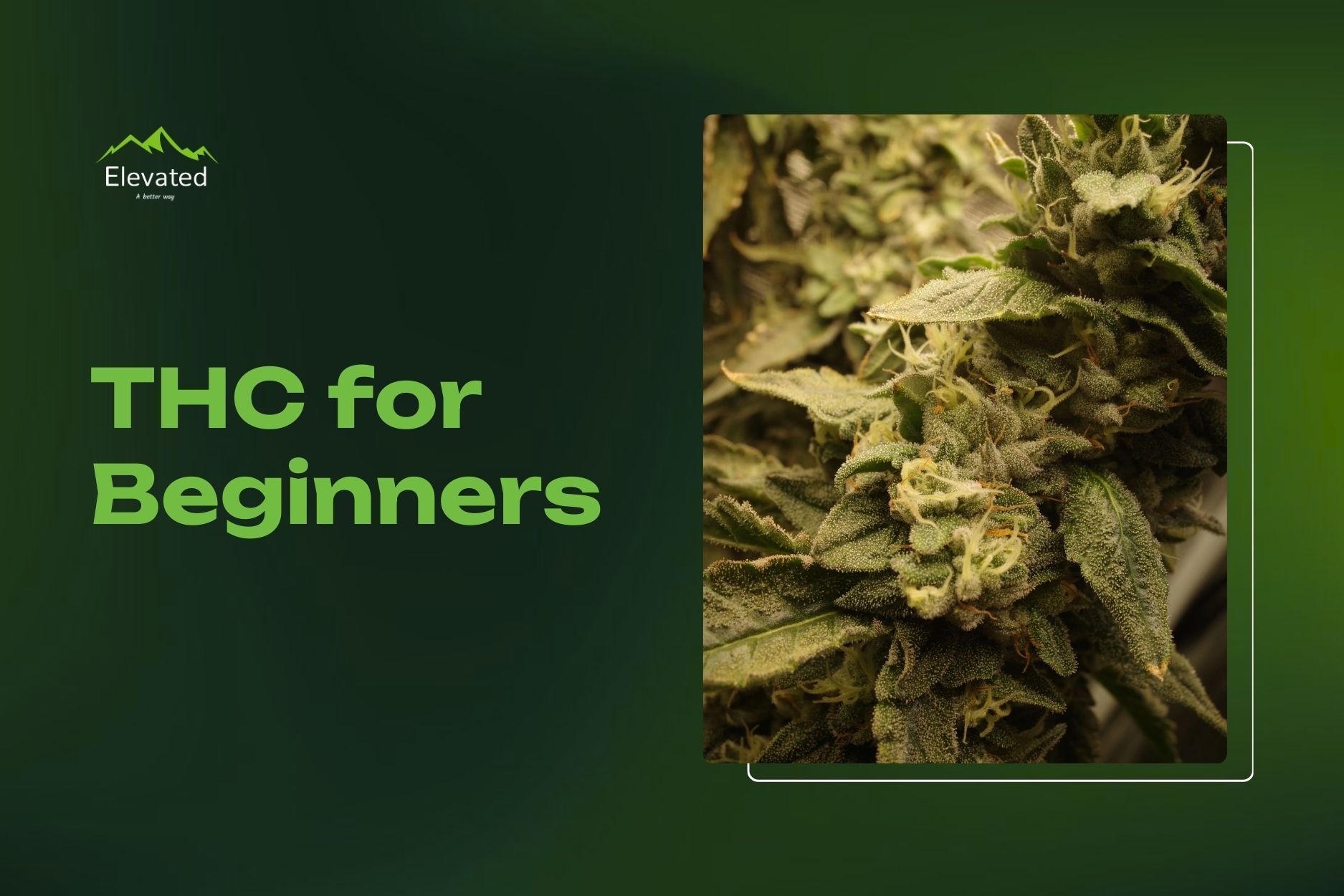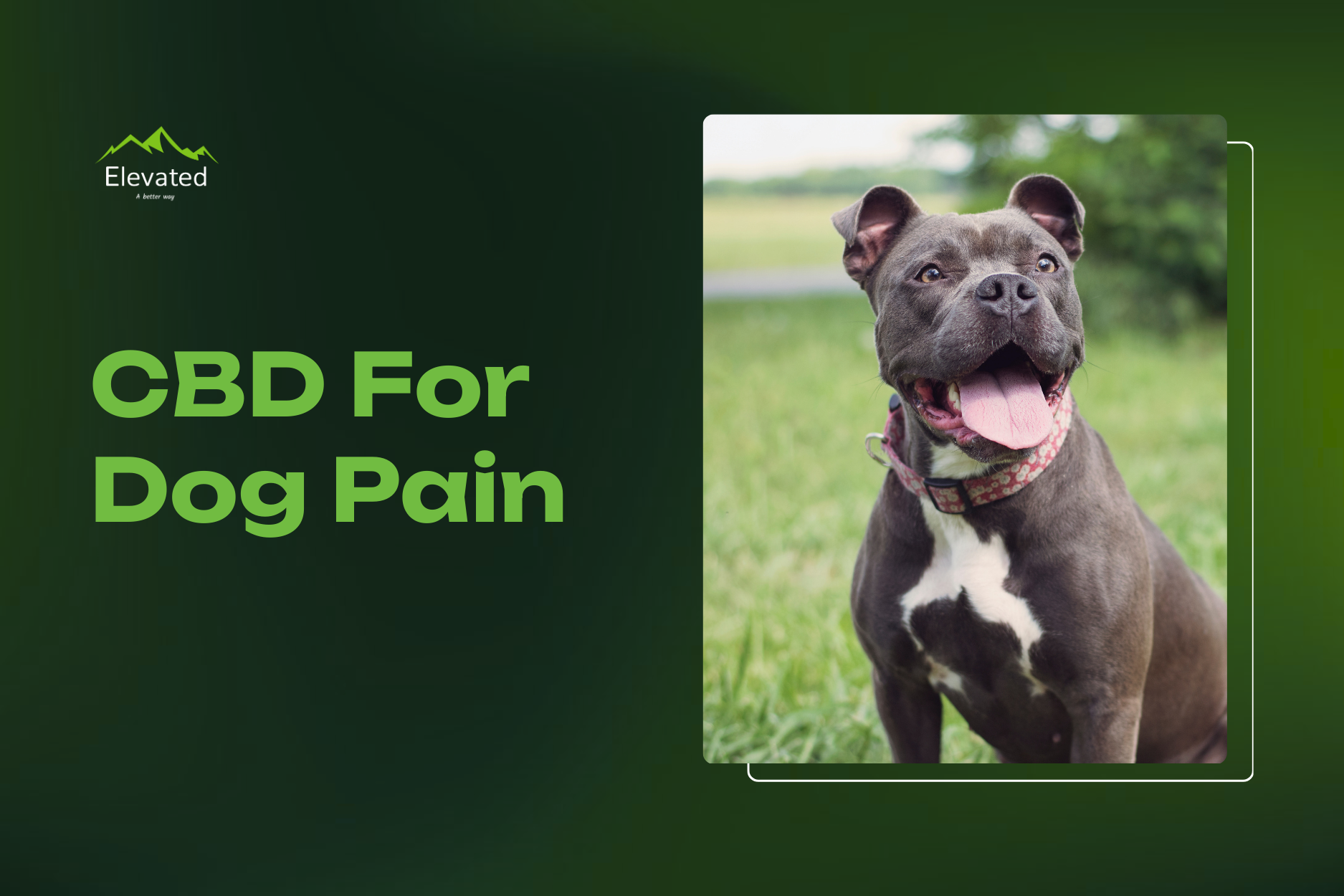Can I Sell CBD in Montana? Out-of-State Guide (2025)
Yes, you can sell hemp-derived CBD (≤0.3% Δ9-THC) in Montana without a retail license. Growers and processors need licenses, but finished CBD products are allowed. CBD in food/drinks and Delta-8 remain prohibited.
Key Takeaways
- Hemp CBD (≤0.3% Δ9-THC) is legal in Montana, no retail license required.
- Growers and processors in Montana need licenses; out-of-state sellers of finished goods don’t.
- CBD extracts in food/supplements are prohibited; hemp seed foods are allowed.
- Delta-8 and “converted cannabinoids” are off-limits.
- Dispensaries can sell hemp CBD; non-licensed retailers cannot sell marijuana products.
- Documentation matters: keep COAs, labels, and paperwork clean.
- Elevated brings compliance clarity with Montana authenticity, helping both consumers and brands make informed choices.
Planning to Sell CBD in Montana? Read This
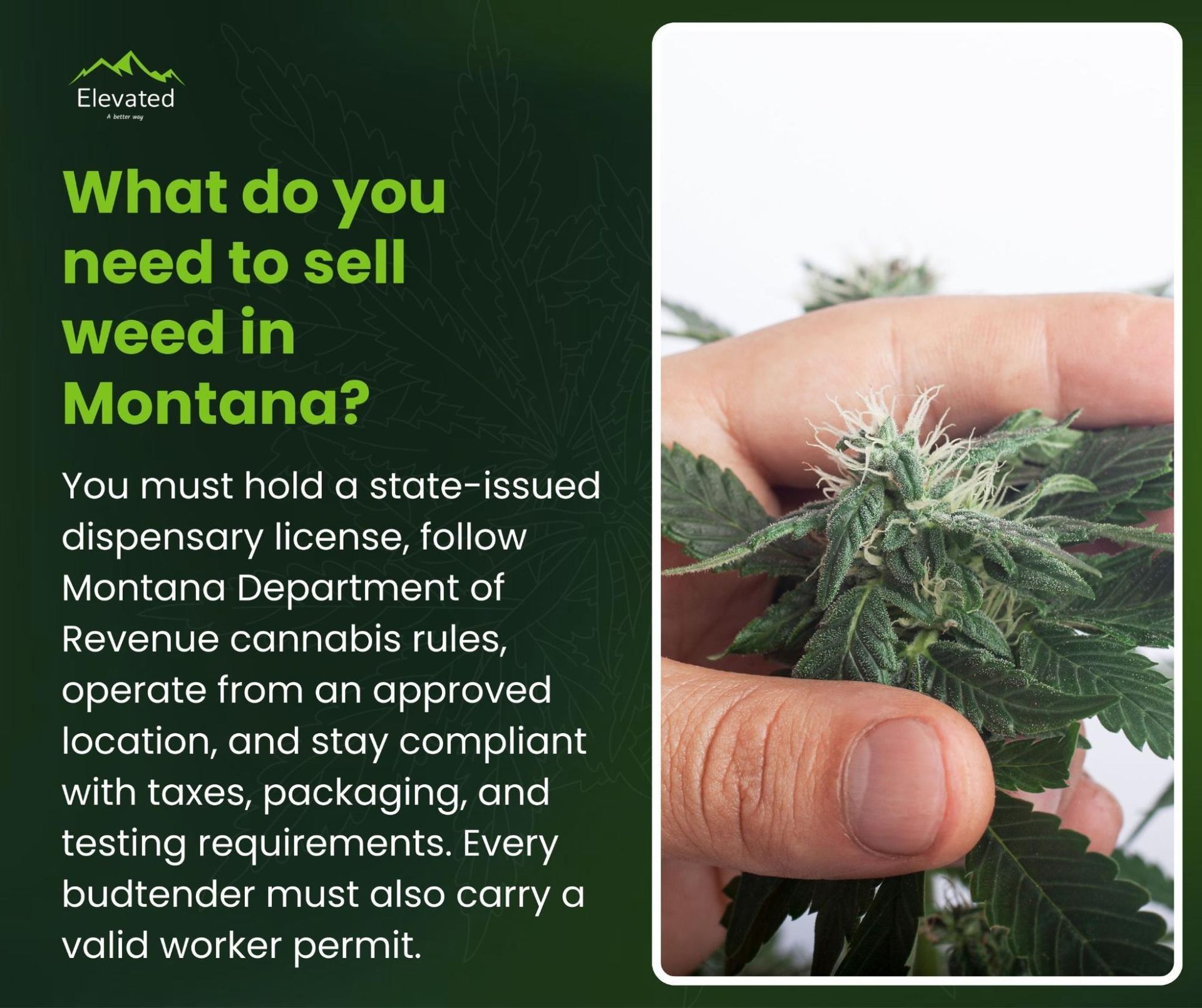
In Montana, you don’t need a special retail CBD license to sell hemp-derived CBD products (so long as they contain ≤0.3% Δ9-THC by dry weight). Licenses are only required if you grow or process hemp. CBD extracts cannot be added to foods or dietary supplements, and marijuana-derived products can only be sold through licensed cannabis dispensaries.
That’s the law in plain English. But as with most cannabis-related topics, the devil’s in the details. Out-of-state sellers often stumble not because they’re ignoring rules, but because they don’t know which agency controls what:
- Montana Department of Agriculture (MDA): Oversees hemp cultivation & processor licensing.
- Department of Public Health & Human Services (DPHHS): Says no to CBD in foods and supplements (yes, that means no CBD brownies on café menus).
- Department of Revenue, Cannabis Control Division (CCD): Regulates marijuana products and keeps a wary eye on Delta-8 and other “converted” cannabinoids.
How Out-of-State CBD Sales Work in Montana
If you’re a brand outside Montana shipping compliant hemp CBD (tinctures, topicals, seed-based foods), you’re usually fine, as long as your products aren’t marketed as foods or supplements. What trips people up is when they assume “hemp is hemp” and throw CBD gummies or beverages into the mix. That’s a fast track to red tape and possible enforcement.
Hemp vs. Marijuana CBD: Where the Legal Line Sits
Montana law draws a hard line between hemp-derived CBD (legal under the 2018 Farm Bill if ≤0.3% Δ9-THC) and marijuana-derived CBD (regulated under the state’s adult-use cannabis program). If your tincture is hemp-based, it can cross state lines. If it’s marijuana-derived, forget it; you’ll need to go through Montana’s licensed dispensary system.
Does THC content matter? Yes. Montana uses the federal threshold: 0.3% Δ9-THC on a dry weight basis. Anything higher, and you’re dealing with marijuana, not hemp, no matter what the label says.
Who Needs a License (Growers & Processors) vs. Who Doesn’t (Retailers)
Here’s where a lot of blogs and would-be sellers get it wrong: there is no “retail CBD license” in Montana. If you’re selling finished hemp-derived CBD products, you don’t need one.
Licenses are required if you:
- Grow hemp in Montana (MDA hemp grower license).
- Process hemp in Montana (separate processor categories for seed/fiber vs. floral/roots).
If you’re shipping finished tinctures or topicals from another state into Montana, you do not need to apply for either of those licenses, though your supplier needs to be legit.
CBD in Foods & Supplements: Montana’s Hard No
One of the biggest traps: Montana does not allow CBD extracts in foods or dietary supplements. Period. That means no CBD cookies, gummies, sodas, or syrups.
What’s allowed?
- Hemp seed, seed oil, and hemp protein (nutritional products that contain no cannabinoids).
- Non-food products like tinctures, topicals, bath bombs, and salves.
What’s not allowed?
- CBD brownies at your coffee shop.
- CBD gummies at the gas station.
- CBD “wellness water” on the shelves.
Dispensary Crossovers: Who Can Sell What
Here’s a quirk that throws people off: Montana’s licensed dispensaries can sell hemp-derived CBD products. But non-dispensary retailers cannot sell marijuana products, only hemp-derived CBD.
So if you’re an out-of-state brand, you’ve got two clear pathways:
- Stock with Montana dispensaries that want to round out their CBD shelf space.
- Sell through regular retailers (salons, boutiques, wellness shops) as long as your SKUs are non-food and compliant.
Shipping & Labeling Compliance Do’s & Don’ts
Shipping hemp-derived CBD into Montana is federally allowed, but state inspectors may still flag products if the labeling or paperwork is sloppy. To keep your packages from raising eyebrows:
- Always include a Certificate of Analysis (COA) that shows Δ9-THC ≤0.3% (dry weight).
- Label clearly: product name, net contents, cannabinoid content, manufacturer/distributor name, batch/lot number.
- Don’t make medical claims. “Relieves anxiety” = wrong. “Contains 500mg CBD” = right.
- Prep for enforcement checks: Montana has seized mislabeled or misbranded products, especially “gas station gummies” with sketchy paperwork.
White-Labeling & Processor Licenses Explained
If you’re an out-of-state brand using Montana partners to extract, bottle, or relabel CBD, you may trigger Montana’s hemp processor license rules. Here’s the rule of thumb:
- If you’re just shipping finished goods into Montana, no processor license required.
- If you’re extracting or altering hemp in Montana, processor license required.
- If you’re white-labeling with a Montana manufacturer: double-check that their license covers the work.
Think of it this way: Montana cares more about where the processing happens than where the final product ends up.
The Delta-8 / Synthetic Cannabinoid Debate
Let’s cut through the fog: Delta-8 THC and other “converted” cannabinoids live in Montana’s gray zone, leaning toward illegal. The Department of Revenue has warned that chemically modified cannabinoids (like Delta-8 made from CBD isolate) qualify as synthetic and are not approved for retail sale.
Translation: Don’t risk your brand reputation trying to sneak Delta-8 vapes into Montana. Even if you see them floating around, enforcement actions have already happened, and you don’t want your product to be Exhibit A.
Next Steps: Selling CBD the Smart Way
You’ve made it through the weeds (pun intended) and now you know exactly where the lines are drawn:
- Hemp CBD tinctures and topicals? Allowed in Montana.
- CBD gummies, lattes, and baked goods? Not compliant here.
- Retail license for selling CBD? Not required.
- Processor and grower licenses? Required if you’re cultivating or manufacturing locally.
So what’s next if you’re still unsure about Montana’s CBD rules? Don’t guess, stop by your nearest Elevated Montana location. Our budtenders will walk you through what’s compliant, what isn’t, and how to shop smarter under state law.
Disclaimer
This article is provided for educational purposes only and does not constitute legal advice. Cannabis and hemp laws change frequently. For the most up-to-date compliance requirements, consult the Montana Department of Agriculture, Department of Public Health & Human Services, and Department of Revenue. Always seek professional guidance before making business decisions.
References
- Montana Department of Agriculture. (2025). Hemp program & licensing. Montana Department of Agriculture. https://agr.mt.gov/hemp
- Montana Department of Public Health & Human Services. (2025). Food & dietary supplement guidance: CBD policy. Montana DPHHS. https://dphhs.mt.gov/
- Montana Department of Revenue, Cannabis Control Division. (2025). Marijuana regulation & synthetic cannabinoid policy. Montana DOR. https://mtrevenue.gov/cannabis
- Montana Legislature. (2025). Montana Code Annotated Title 80, Chapter 18: Hemp. Montana Legislature. https://leg.mt.gov/bills/mca/title_0800/chapter_0018/
- United States Department of Agriculture. (2018). Agricultural Improvement Act of 2018 (Farm Bill). U.S. Government Publishing Office. https://www.congress.gov/
